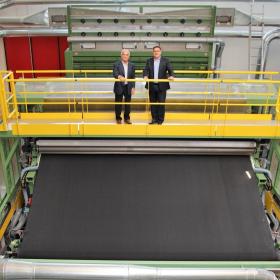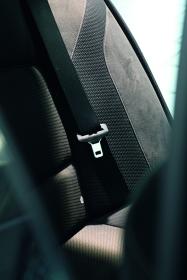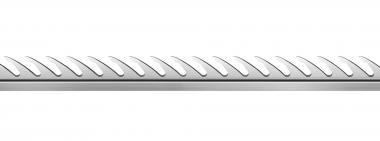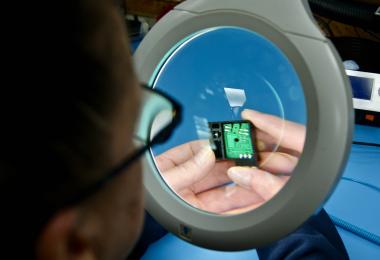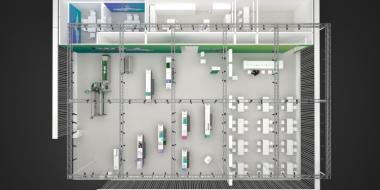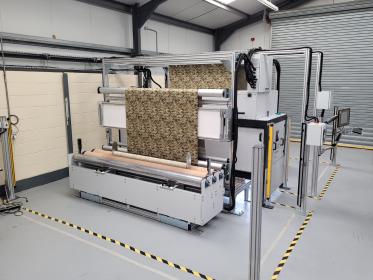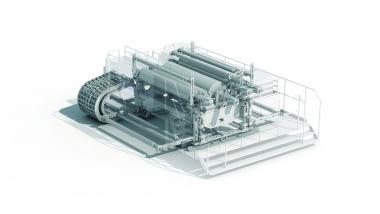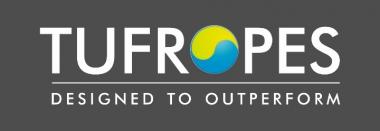Rieter wins Patent Dispute in China
In a judgment in December 2023, the Supreme People’s Court of the People’s Republic of China ruled in favor of Rieter in a legal dispute. The case concerned the infringement of a Rieter patent by a competitor’s draw frame. Rieter protects its innovations with patents and registered designs and consistently takes action against infringements of its intellectual property.
Rieter draw frames are known for their stable operation with high sliver quality and productivity. Scanning precision and autoleveling dynamics ensure outstanding sliver evenness and thus the production of high-quality yarns. Draw frames have also been the subject of a patent litigation by Rieter in China at various levels of jurisdiction. Rieter had sued a competitor for unauthorized use of its patented draw frame technology.
In the summer of 2022, the Shanghai Intellectual Property Court confirmed the patent infringement identified by Rieter and prohibited the accused competitor from continuing to use Rieter’s patented technology. The infringing party was also ordered to pay damages to Rieter.
The culpable competitor then appealed the decision of the Shanghai court to the Supreme People’s Court of the People’s Republic of China.
In December 2023, the Supreme Court of China in Beijing upheld the Shanghai decision, confirming that the patent had been infringed. As a result, Rieter’s competitor is prohibited from selling the infringing machine types and is required to pay the damages determined by the court.
This Supreme Court decision represents a major success for Rieter in defending its proprietary technologies in China. It is further proof that foreign companies can effectively defend their intellectual property in China.
As the technology leader in spinning machinery manufacturing, Rieter invests around 5% of its turnover annually in research and development. Rieter protects its innovative products with patents and registered designs and takes consistent action against infringements of industrial property rights.
Rieter AG










